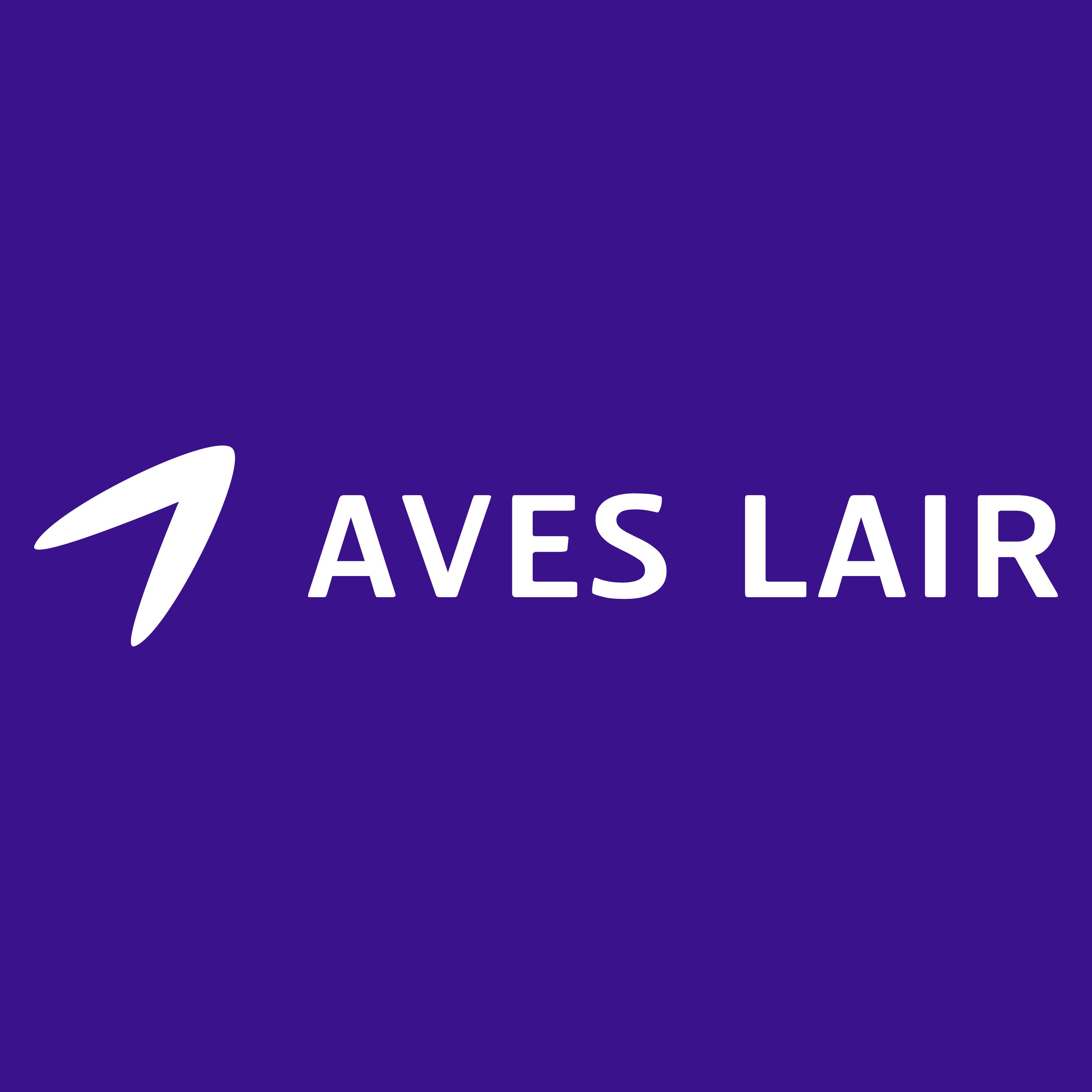3,917 reads
Deepfake Software Startups That are Commercializing the Technology
by
December 12th, 2020
Audio Presented by

An NYC-based accelerator that supports startups in the verticals of AI, blockchain, cloud, and data
About Author
An NYC-based accelerator that supports startups in the verticals of AI, blockchain, cloud, and data
